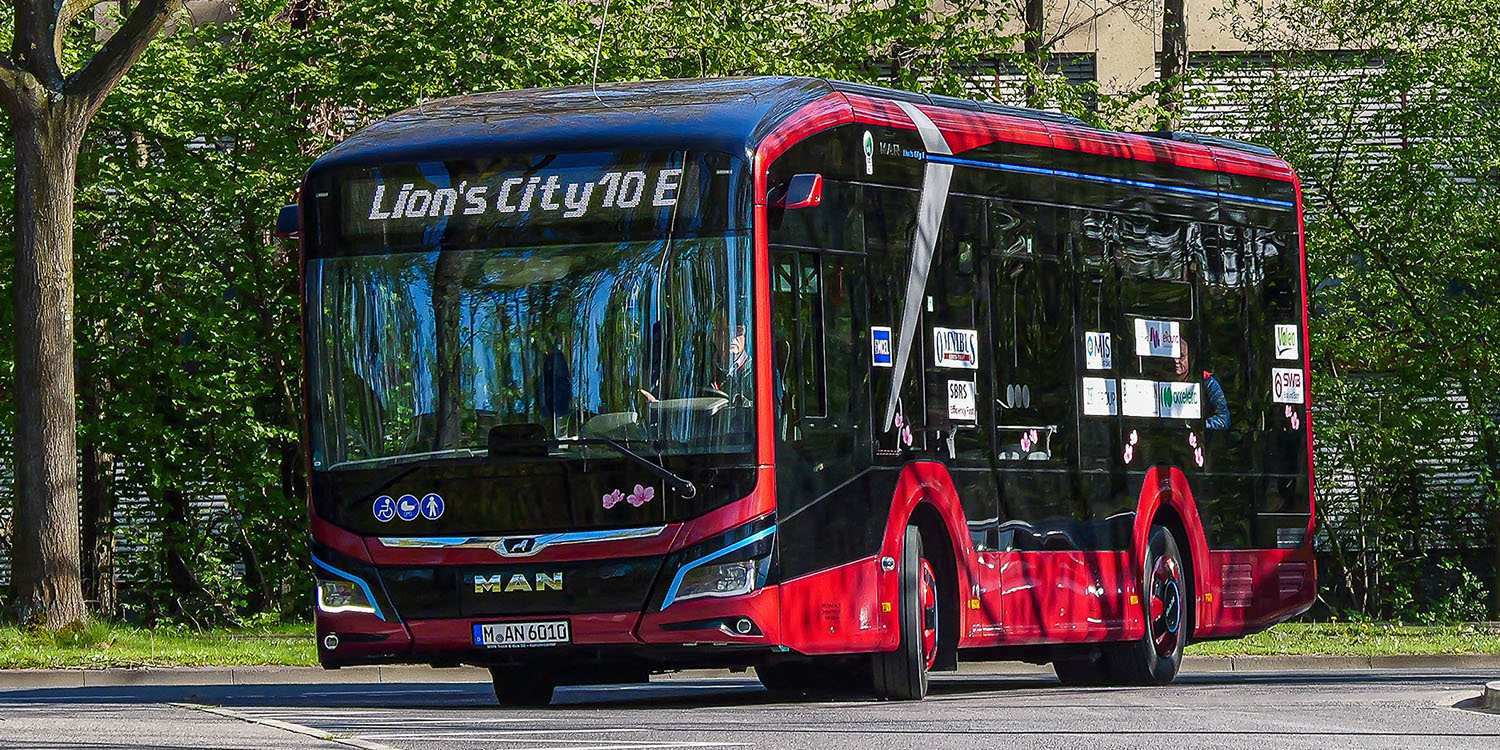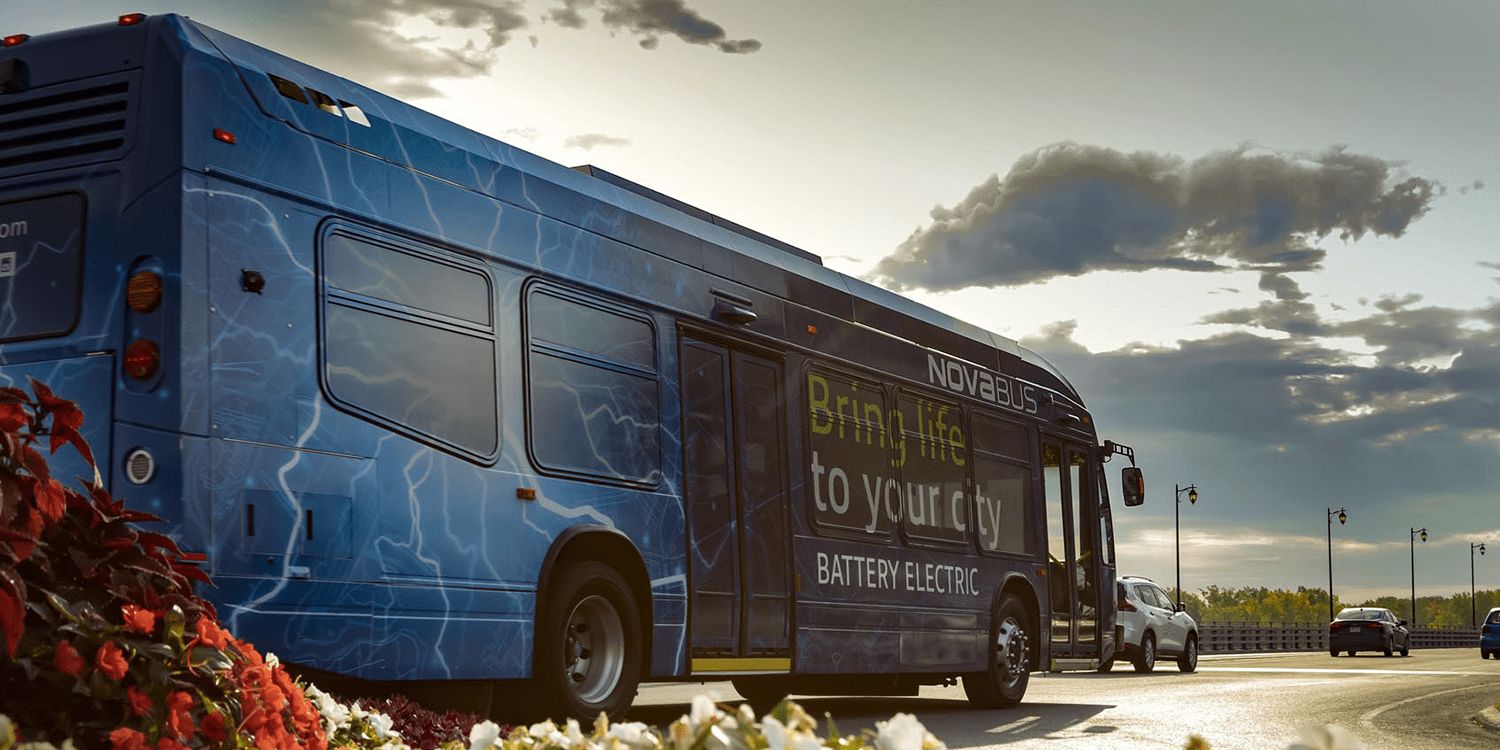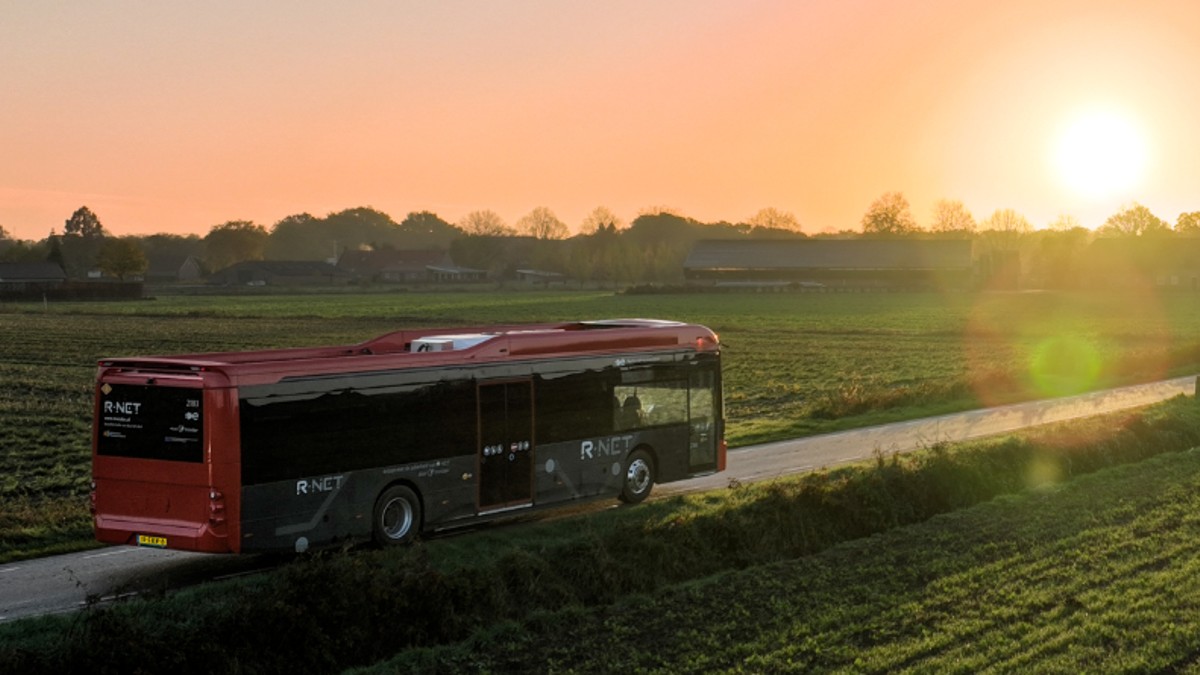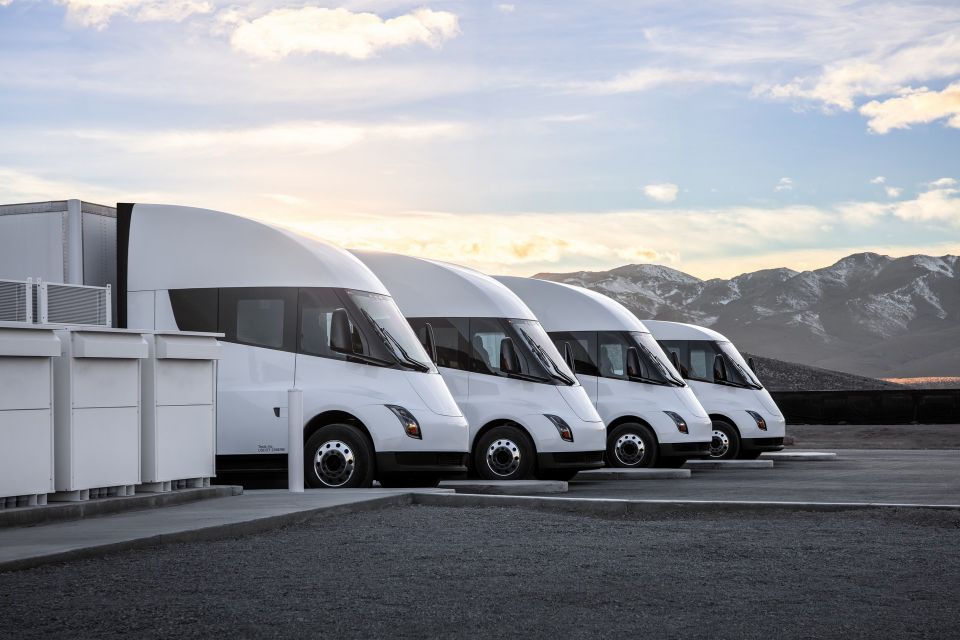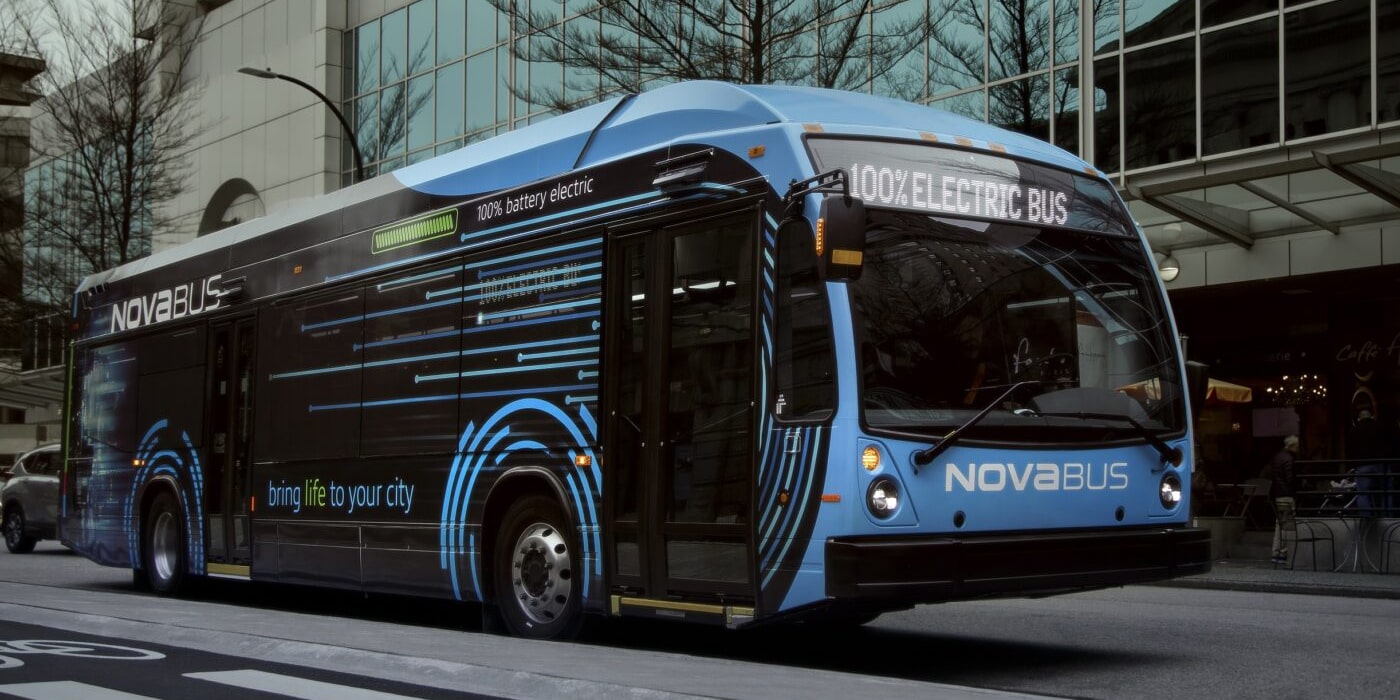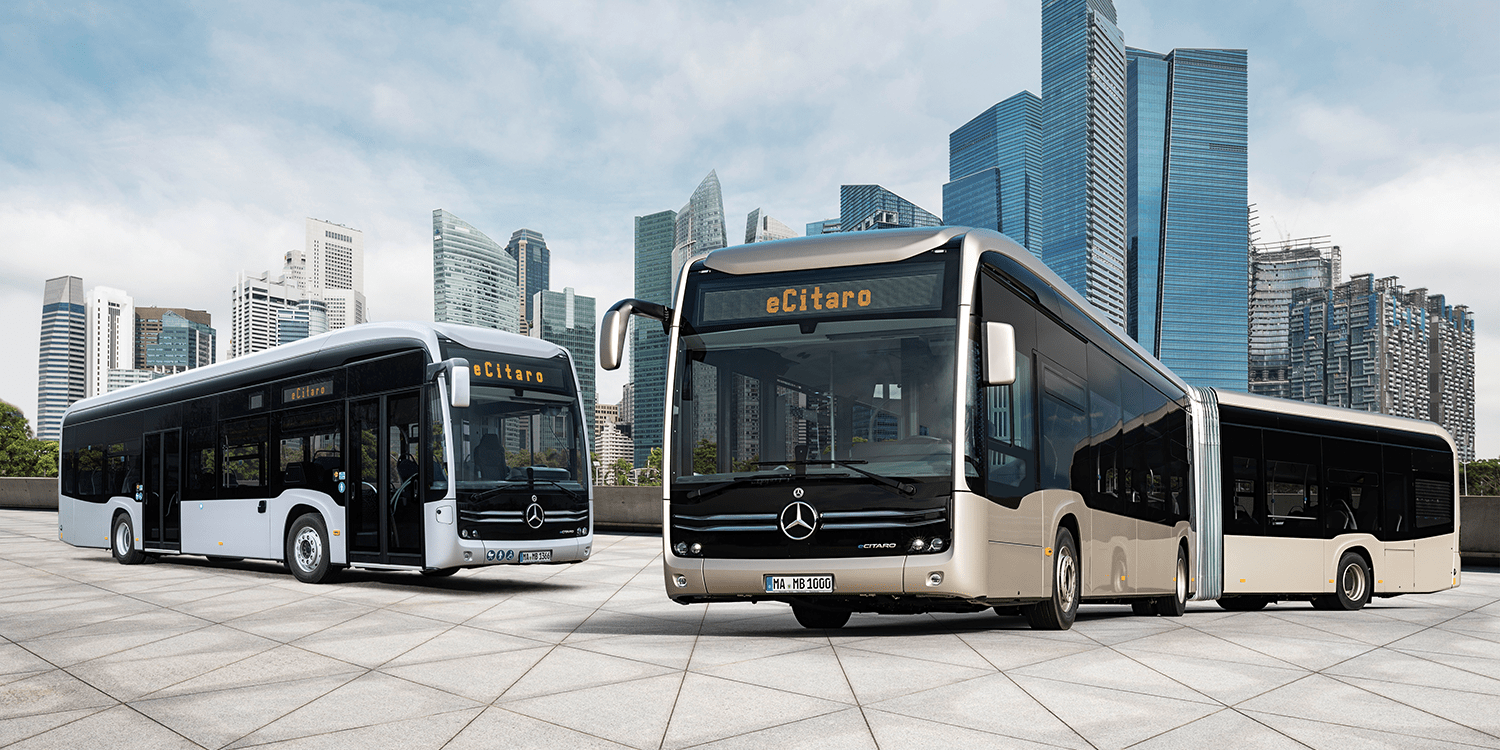A recent report by BloombergNEF’s Electric Vehicle Outlook (EVO) reveals that electric buses are rapidly gaining ground in the global transportation sector. The report predicts that by 2032, close to 50% of the world’s buses will be fully battery-powered, with approximately three out of four buses sold being electric. This surge in electric buses outpaces the adoption rate of electric passenger vehicles, highlighting the significant progress in the public transportation sector. Even though commercial trucking and scooters are progressing at a slower pace, the growth of electric buses is setting an encouraging example for the wider electrification of transportation.
In 2021, the global electric bus fleet was estimated to have reached 600,000 vehicles, covering approximately 16% of the total global bus fleet. This figure demonstrates the remarkable growth of electric buses compared to electric cars, as previously outlined by BloombergNEF. The consultancy projected that the electric bus market would experience faster growth than that of electric cars, a prediction that is now coming to fruition.
Notably, there has been a noticeable increase in bus orders from various regions in 2022, signaling the growing momentum of electric buses worldwide. While the electric bus trend was initially dominated by China, the market has now expanded globally. In 2021, BloombergNEF reported that 98% of electric buses sold in 2020 were in China. However, by 2025, electric bus sales outside of China are expected to reach 14,000 units, a significant increase from the 5,000 units sold in 2020.
Cities across the globe are recognizing the potential of electric buses and are actively embracing this sustainable mode of transportation. New York City, for example, has set a goal to transition its entire fleet of 5,800 buses to electric vehicles by 2040, according to BloombergNEF. Additionally, school districts in the United States are also joining the electrification trend. As of the end of last year, approximately 1,000 electric buses were already in operation, with an additional 4,000 on order.
The growth of electric buses signifies a crucial step towards a cleaner and more sustainable future. Buses play a fundamental role in public transportation systems, and their electrification has a profound impact on reducing greenhouse gas emissions, improving air quality, and enhancing overall urban livability. Furthermore, the expansion of the electric vehicle revolution beyond passenger cars demonstrates the viability of electrification in various transportation sectors.
While the transition to electric buses gains momentum worldwide, there are still challenges to overcome. Expanding charging infrastructure, optimizing battery technology, and addressing range limitations are key areas that require further attention. To accelerate the deployment of charging stations and incentivize bus operators to fully embrace electrification, collaboration between governments, public transportation authorities, and private companies is essential.
As the electrification of buses continues to shape the future of transportation, the world moves closer to achieving a more sustainable and environmentally friendly society. With the ongoing commitment to electric buses, the vision of cleaner cities and reduced emissions is becoming a reality.


